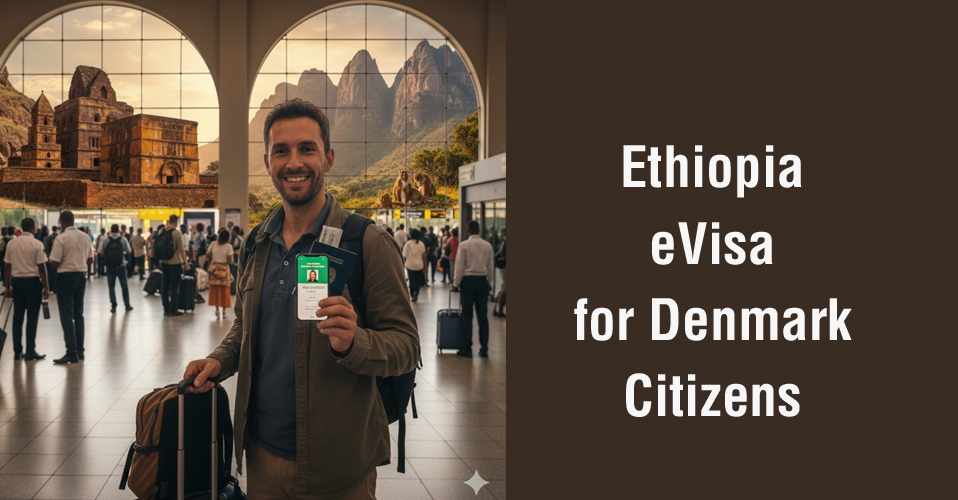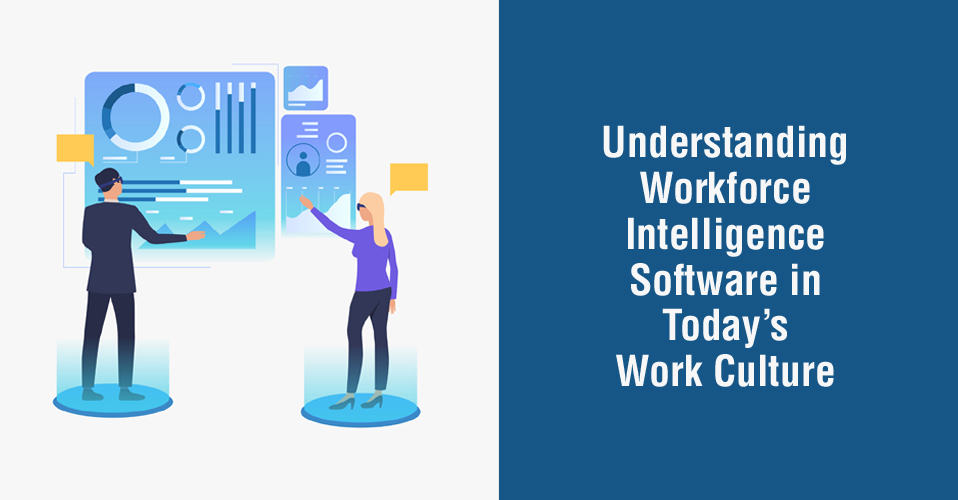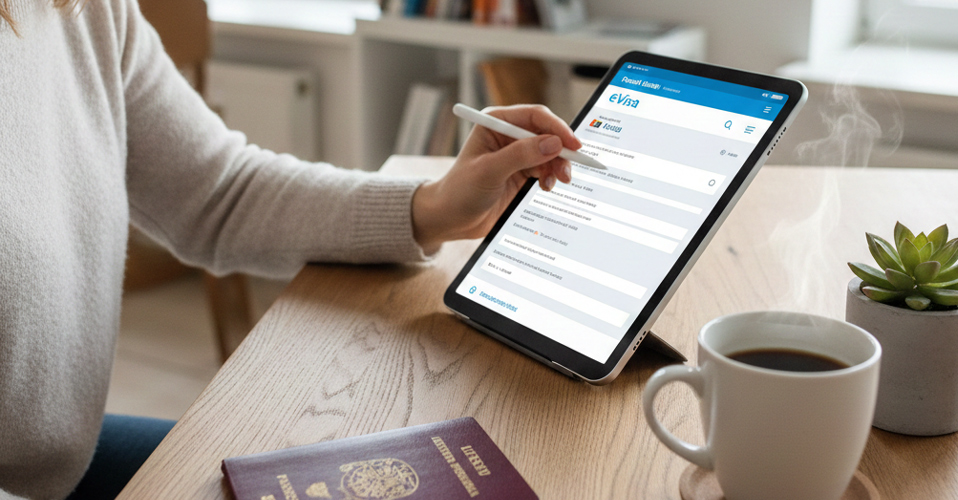Do you save your account passwords online? Or have you noticed that whenever you creating an account online, you got prompt to save your ‘username’ and ‘password’?
This is because nowadays web browser like Google Chrome, Firefox, Safari or Internet Explorer comes with the built-in password manager.
This built-in function allowed us to store our account password automatically onto your web browser and retrieve anytime you want.
Many of us may think that this is a safe action to proceed but it also put our network security at risk.
There is no 100% safe online but at least we can help to reduce the risk of exposing our sensitive information online.
Here are the few simple things you can do to protect and keep your identity more secure online.
1. Turn off the built-in password manager
The easiest and quickest way is to turn off the built-in password manager in your web browser. However, this also means that you need to go through the traditional way to store your username and password.
Such as using handwritten on a notebook or store it on an Excel file. Well, we know that many of us are realistic and always wanted to find the easiest way to remember things.
However, it is better to be safe than sorry. If you save your account passwords on your web browser, do remember to double-up your device security to prevent hackers from accessing it.
2. Do not use Free Public Wi-Fi to access
Do not assume McDonald or Starbucks free WiFi connection is totally safe. Connecting your device to a free public WIFI is incredibly dangerous because it is a golden gate for hackers to steal your personal information.
This involved your account passwords, phone number, credit card details as well as health record. Usually, hackers like to position themselves between you and the hotspot point.
Likewise, it is not recommended for you to access your web browser password manager if you are connected to a public WIFI.
Always turn on your device firewall or malware software to do a quick scan to ensure you are in a safe and secure zone.
3. Use an Iris or Face Recognition
Every human has a unique facial identity. To enhance your device security, it is advised to use either iris or face recognition to unlock your password manager on your web browser.
4. Connect your device to a VPN app
One common question… how to stay anonymous online? The answer is to install a VPN app onto your PC and mobile devices.
VPN provides a secure connection between a user device and the webserver. It has the ability to mask your real IP address and hide all your online activities even though you are connected to a public WIFI.
This is to ensure your real identity stay anonymous online. A plus point for VPN is that you can even access restricted content based on your geographical location selected.
5. Use a Private Web Browser
Everyone likes to browse websites freely, but we do not want all these websites to follow our online activity.
Especially when you are performing an online banking transaction whereby it carries sensitive information such as account password and credit card details.
Therefore, using a private web browser is the best way to protect you from people with access to your computer spying at your browsing history.
The reason because the private browser does not keep cookies and browsing history. This means that whenever you close the web browser, all your cookies and web history will automatically delete from the browser.
6. Avoid clicking on pop-up windows
Often digital marketer uses pop-up ads as one of the online advertising strategies to generate leads and create brand awareness. Usually, it comes with an attractive graphical pop-up display on the website you visited.
However on the bad sign, hackers can also use the same pop-up method to attack your device. Imagine you saw the display of a pop-up window saying that “your device under malware attack”, “click to resolve”.
The moment when you click it, your device instantly gets contracted with the malware virus.
To avoid unnecessary incidents happen, it is recommended to install anti-virus and malware software in your system and do a scan regularly.
You will never know who is at the backend controlling your device. Ultimately the best way is to disable pop-up ads on your web browser.
We hope that above these simple tips can help you to be more secure and safer online.

















Add Comment